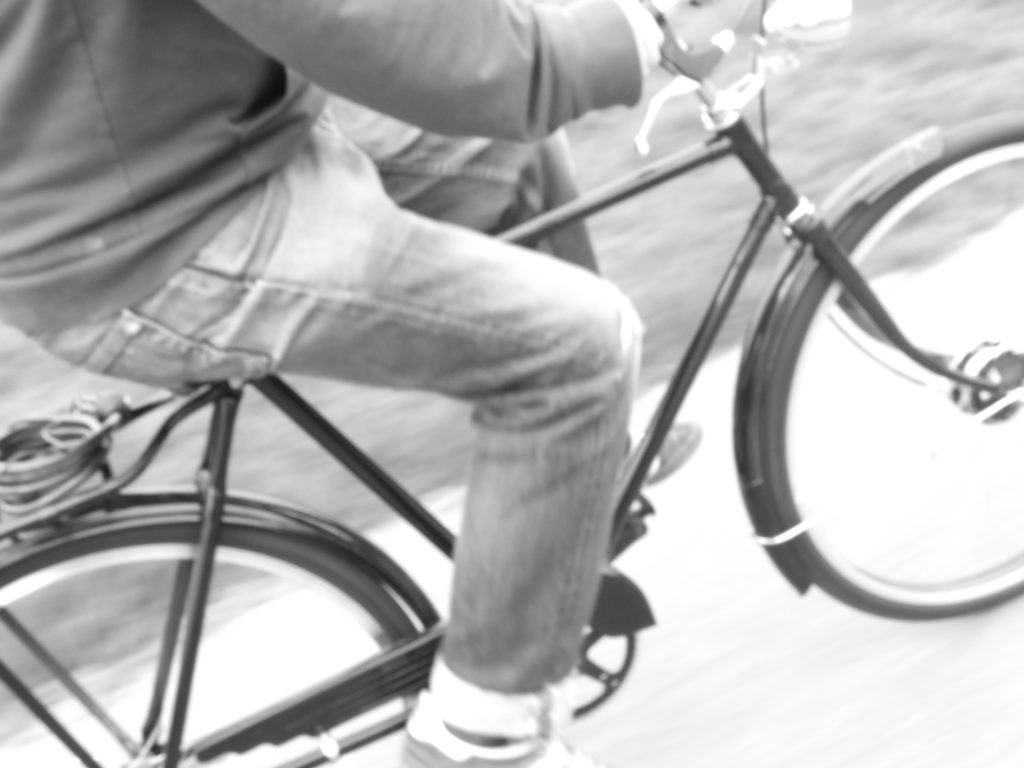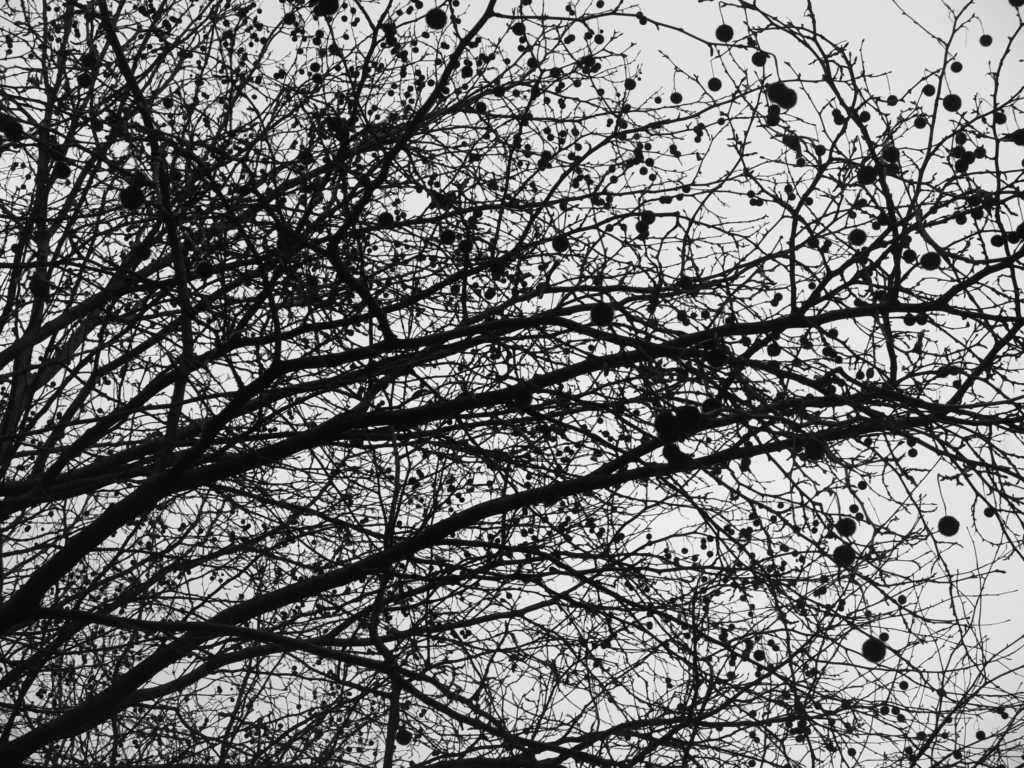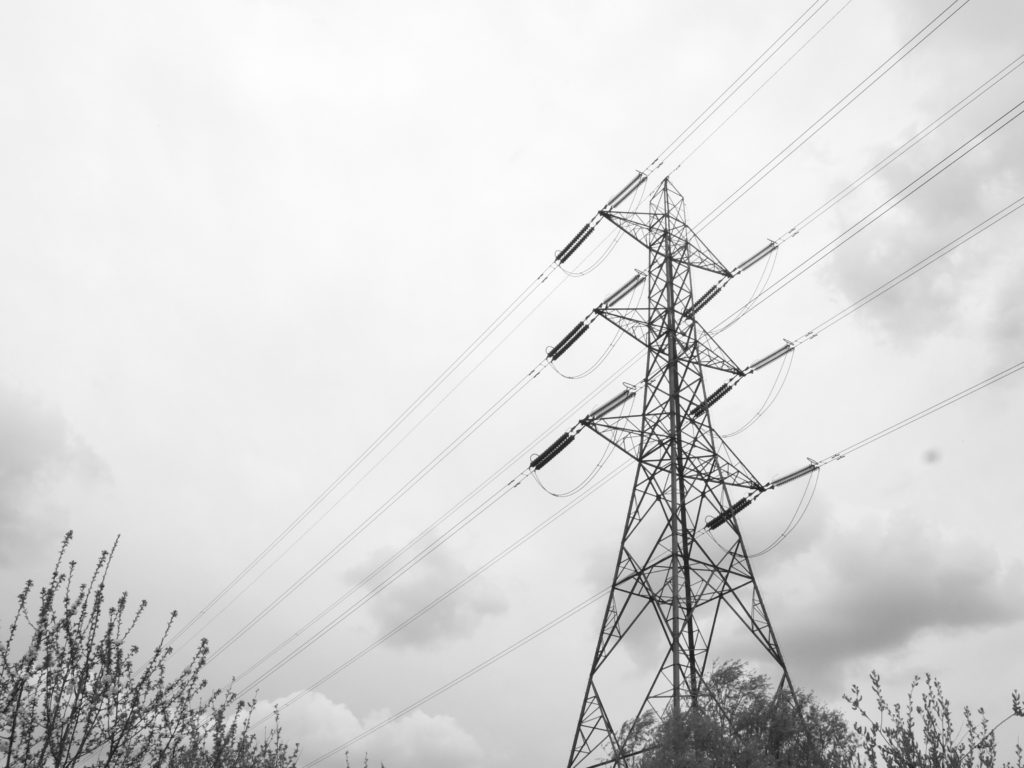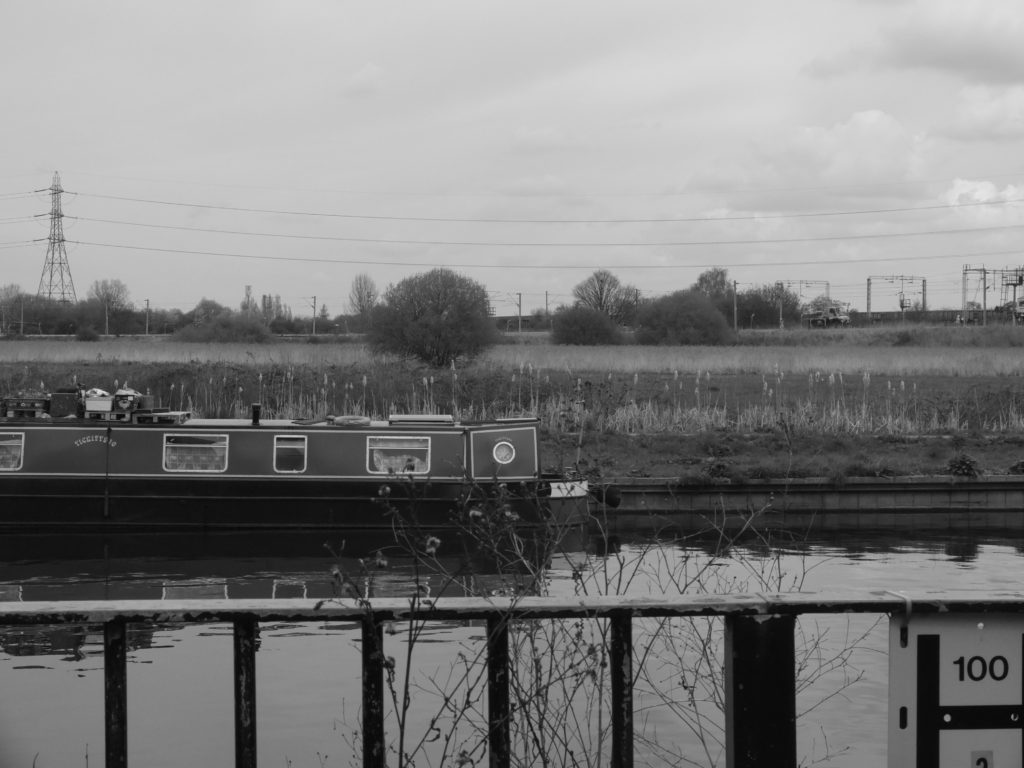It’s time once again for the annual series of postings we like to call Shadows and Reflections, in which our contributors and friends look back on the past twelve months. From Ian Preece (with pictures by Thurston Preece) :

We couldn’t watch more than about 45 minutes of election night on TV, so we didn’t go to bed that late. But the next morning I couldn’t wake up; it was as if something was holding me under. I finally got up about 11.30. My other half came home and I was still in my dressing gown when she reminded me I was supposed to be driving her to her work’s Christmas do at a bar in Ilford. Why bother getting dressed? No one else seems to give a fuck about society so why should I care if I broke down by the Gants Hill roundabout wearing only pyjamas, dressing gown and slippers? I hate conflict, and my default position is to avoid it – but I’ve had three major rows in the last month with friends and family, mainly over the issue of why turkeys would vote for Christmas. A friend of a friend said, ‘The one thing you can categorically say is that you can’t blame Tony Blair this time.’ Another friend took a sip of his pint before stating: ‘I categorically can [blame Blair].’ All this talk of the ‘crumbling red wall’ – that wall has been leaning precariously for forty years now, since 1979. Thatcher’s credo of being a loser if you travel by bus, of the death of ‘society’, is finally in full bloom. I am. All right. Jack. So. Pull up the ladder/fuck you.

There’s always books to turn to. Just a few days before the election, grappling with the introduction to my book about independent record labels – trying to add some theoretical ballast to the endless quandary of why and how people seem to draw succour from listening to crap music – I found myself picking my way through Theodor Adorno and Max Horkheimer’s Dialectic of Enlightenment. Writing in 1944 in Hollywood, the Frankfurt School dons had fled the propaganda of Nazi Germany only to be dismayed by the erosion of individual critical thought in the west, where buying a washing machine or sitting in a soda bar, life played out to a soundtrack of sickly strings courtesy of the Guy Lombardo Orchestra, seemed uppermost in people’s minds. ‘Instead of entering into a truly human condition,’ the pair concluded, humankind ‘is sinking into a new kind of barbarism.’ I can’t be the only one with a burning urge to lob the potato into the Prince Regent’s carriage (Peterloo on DVD – cheery Christmas viewing); ever since we saw The Assassination of Richard Nixon at a crumbling old Odeon way back, my better half periodically tells me, ‘Remember, you’re Don Cheadle, not Sean Penn.’ That seems the best advice to follow for 2020 or any year. As well as searching for the ‘truly human condition’ – in books; in life. Though having just finished Ann Petry’s The Street – Harlem, 1946; the relentless cycle of poverty, racism and despair; the black, working class community fucked over and over again, often in alienated, complicit, complex ways – it’s difficult to see any flicker of hope (however towering the achievement of Petry’s novel). Before that I’d read Svetlana Alexievich’s Second Hand Time, a crushing account of how the once mighty Sovok nation, responsible for great feats like the Dnieper Hydroelectric dam, the siege of Stalingrad and the first man in space, collectively sold their soul for salami, jeans and fridge-freezers. And now the gangsters preside over the ‘free’ market, all of which has frequently devastating consequences for people trying to live everyday lives. In between all the societal grief I read Jon Day’s Homing, a fine book on relocating in east London, starting a family and rearing racing pigeons. Though even that was tinged with sadness: being set in my neck of the woods, I was familiar with plenty of the cycle routes Day takes – up the Lea Valley, over Wanstead Flats, Hollow Ponds and Hackney Marshes – to release his birds. These were places I used to cycle with my son a decade ago when he was learning to ride a bike; the settings for endless sessions of smacking a football back and forth with my daughter. Now, we’re at the other end of that cycle – the kids have fled the loft, and are living new lives in other cities as students. I was happy to see the back of the teenage years, and enjoy the peace, but often it’s too quiet – and you end up reflecting on the past that you lived too fast to appreciate while it was happening. I guess all childhoods are full-on, but with twins it’s hyper intense and you never get the chance to learn from your mistakes – and then it’s flashed by and gone.

We’ve got to sort out the festive family viewing, though. No screening of Elf this year – instead, as well as Peterloo and The Assassination of Richard Nixon, there was Midnight Cowboy and Stalker. Still, while it might seem like we’re all lying in fetid water or stumbling through dripping tunnels in a deserted post-apocalyptic landscape of derelict buildings, mist, fog, puddles, rusty railway tracks and buckling ridges of muddy earth that could at any moment rip open into a sinkhole – when Tarkovsky made the film in 1979, he probably didn’t realise how on the nose he was – at least getting around to watching Stalker has finally allowed me to pick up Geoff Dyer’s Zona in earnest. Less than a quarter of the way in I’ve already learnt about Flaubert’s proposed book about nothing, have been reminded of the luxury status enjoyed by the choc-ice in places like Bournemouth and Weston-Super-Mare in the 1960s and 70s, and come across a fine Camus quote: ‘a man’s work is nothing but this slow trek to rediscover through the detours of art those two or three great and simple images in whose presence his heart first opened[1].’ Reading Zona seems as good a way as any to start the new year, as well as remembering to be Don Cheadle, not Sean Penn. And, by the way, if you happen to be reading this, Tom ‘capitalism is not the enemy’ Watson – well, actually, it is. What else is destroying the planet?

Records of the year: Eleh, Living Space (Touch); Kankyō Ongaku: Japanese Ambient, Environmental and New Age Music, 1980–1990 (Light in the Attic); Kali Malone, The Sacrificial Code (iDEAL); Jaimie Branch, Fly or Die II: Bird Dogs of Paradise; Joshua Abrams and the Natural Information Society, Mandatory Reality (Eremite); Bill Hutchinson and King Tubby, Rocking Time in Dub (Digikiller); Ahmed Ag Kaedy, Akaline Kidal (Sahel Sounds); Charles Rumback & Ryley Walker, Little Common Twist (Thrill Jockey); Moondog, On the Streets of New York (Mississippi); Nat Birchall Quartet, The Storyteller: a Musical Tribute to Yusef Lateef (Jazzman); John Coltrane, Blue World (Impulse!).
[1]In this light, my book, Listening to the Wind: Encounters with 21stCentury Independent Record Labels, is out in April, published by Omnibus.